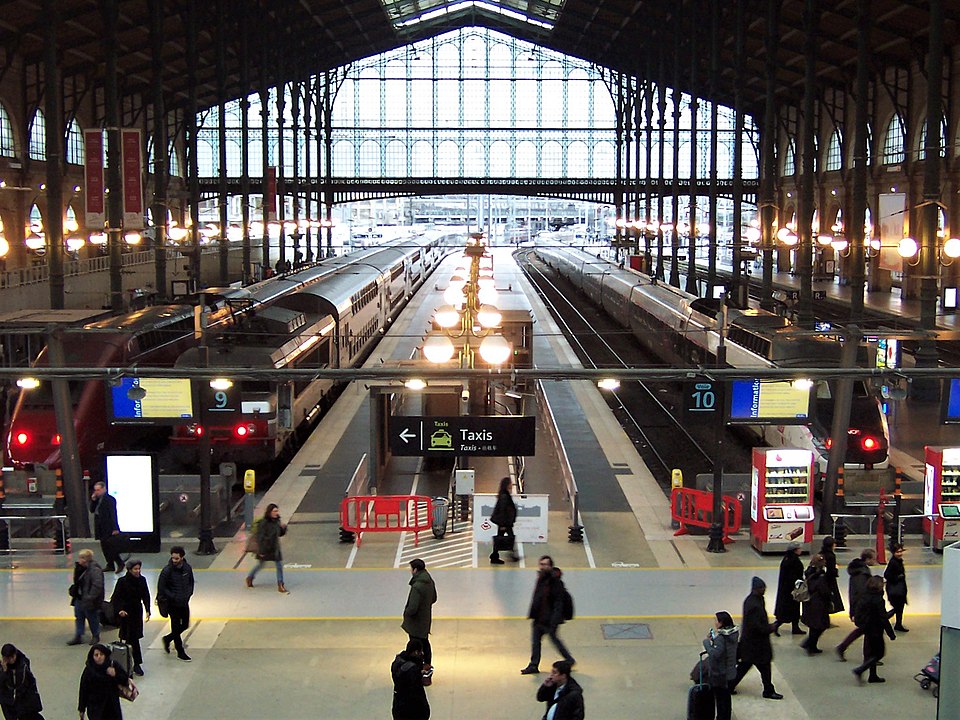Housing First: The Program Combatting Homelessness in France
 France is one of the economic and cultural powerhouses of Europe and the Western world. As a result of a rich culture built on the core values of liberty, equality and fraternity, France has become an increasingly popular destination for expats and immigrants looking to make the hexagon their home, with more than 700,000 refugees as of December 2023.
France is one of the economic and cultural powerhouses of Europe and the Western world. As a result of a rich culture built on the core values of liberty, equality and fraternity, France has become an increasingly popular destination for expats and immigrants looking to make the hexagon their home, with more than 700,000 refugees as of December 2023.
However, with an ongoing lack of affordable housing, homelessness has become an increasingly real threat for many living in France. Those living in poverty often have nowhere to seek refuge and are forced into a life on the streets. In fact, the number of homeless households in France doubled from 141,500 in 2010 to 333,000 in 2023, illustrating France’s recent struggles to combat the rise of homelessness and poverty as a whole. In response to this ongoing crisis, France has adopted the Housing First model to create more affordable, permanent housing options, aiming to reduce the homeless population throughout the country.
The Housing First Model
The Housing First model is an approach that provides permanent supportive housing (PSH) for those struggling with homelessness. This model is based on the belief that housing stability is a critical foundation of life. With basic housing needs covered, beneficiaries are less likely to slip back into homelessness as they can better work towards a high quality of life while pursuing personal and professional goals without struggling for the bare necessities.
This focus on permanent supportive housing is known to be effective, as Housing First PSH programs have a 98% one-year housing retention rate. Crucially, this means that Housing First is not just a temporary solution to a larger issue, but a successful long-term solution.
Housing First differs from other models as it is non-discriminatory and highly flexible. While many approaches require beneficiaries to address all of their health problems and go through a long series of programs before receiving housing, Housing First has no prerequisites, making it a widely applicable solution to homelessness.
In France, as 440,000 homeless people moved into housing between 2018 and 2022, it is clear that the model has been highly effective since its implementation in 2017, according to the Homeless World Cup. Additionally, since 2017, France has opened more than 7,200 new boarding houses in 44 communities as it implements Housing First, providing reliable housing to those struggling with homelessness.
Five-Year Plan
In 2023, France published a five-year plan with Housing First to maintain and build on their success with the model since 2017, according to the 2023 government document. To continue combating the homelessness crisis, the plan focuses on three key pillars:
- Production and mobilisation of affordable housing solutions for households in very precarious situations
- Helping people stay in their homes, preventing breakdowns and system deterioration
- Speeding up access to housing and offering support pathways combining housing, employment and health
These pillars illustrate how France plans to reinforce an already successful program, allowing the model to expand and provide the maximum amount of aid possible to the homeless population sustainably for years to come.
The Future
While poverty and homelessness remain at the forefront of political and social thought in France, the adoption of the Housing First model is a clear sign of the French government’s commitment to improving its response to the ongoing housing crisis while improving the lives of those experiencing poverty by offering accessible and permanent housing. Although the homeless crisis is far from solved, Housing First is a sustainable, long-term solution improving the lives of those in poverty throughout 44 communities in France.
– Jack Schuchard
Jack is based in Herndon, VA, USA and focuses on Global Health and Politics for The Borgen Project.
Photo: Wikimedia Commons
